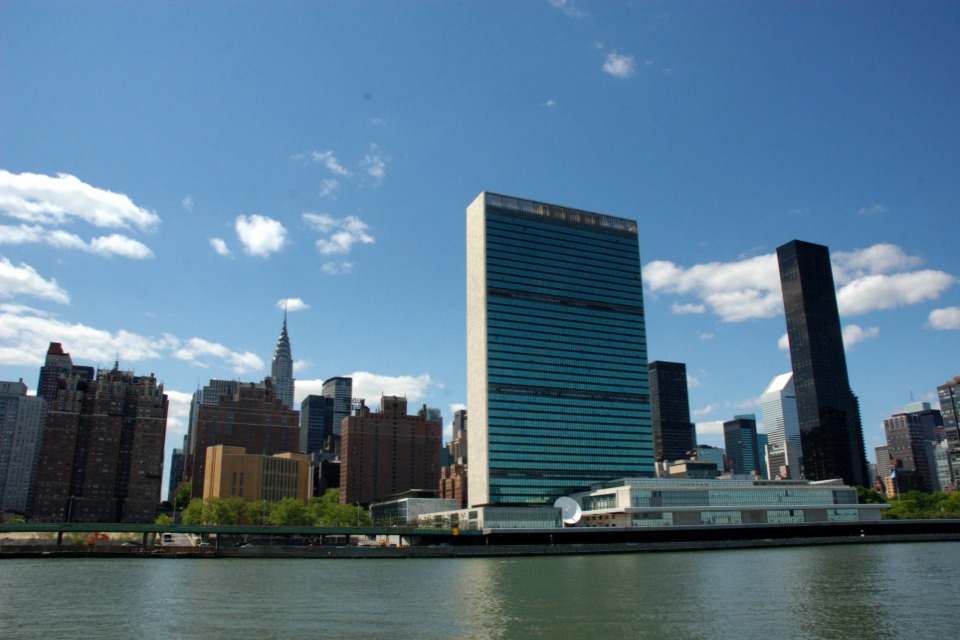'UK is proud that 155 States have now endorsed the Declaration of Commitment to End Sexual Violence in Conflict'
Statement by Cathy Adams, Legal Director to the UK Foreign and Commonwealth Office, on Cooperation in relation to Sexual and Gender-Based Crimes to the ICC Assembly of State Parties

Madam Ambassador, Distinguished Panellists,
The United Kingdom would like to thank Norway for organizing this panel discussion on this important topic and expresses its appreciation to the Panellists for their expert contributions.
The UK is proud that 155 States have now endorsed the Declaration of Commitment to End Sexual Violence in Conflict, launched in 2013, which reaffirmed that rape and serious sexual violence in armed conflict are war crimes and constitute grave breaches of the Geneva Conventions.
To build on the commitments in the Declaration, in June this year, the UK Government organised the Global Summit to End Sexual Violence in Conflict aimed at bringing the international community together to agree actions to end the future of impunity.
As the President highlighted in his introduction this morning, and as the Prosecutor has reinforced, while declarations of intent are important, concrete actions are even more vital.
So we were pleased during the Summit to launch the International Protocol on the Investigation and Documentation of rape and sexual violence in conflict, which will help to increase successful prosecutions, and in doing so, tackle impunity.
The Protocol was developed by a wide range of international experts drawn from the UN system, multilateral agencies and NGOs operating in the field. It was field-tested during its development in a range of countries to ensure it reflected the most useful and relevant guidance. We therefore encourage States to recognise the value of the Protocol as a practical tool in securing justice for survivors of sexual crimes and to promote its use by international and national agencies.
During the Summit discussions, Prosecutor Bensouda highlighted, as she did today, the ongoing challenges of under- or non-reporting of sexual and gender based crimes caused by a range of factors, including: stigmatisation; limited forensic evidence; the passage of time resulting in evidence being lost; and a lack of comprehensive national laws criminalising rape.
The Protocol will help with improving evidence collection, including the appropriate treatment of victims, but we also need to look at what more we can do to address stigmatisation and enhancing national laws, as well as the other factors which make survivors afraid to seek the justice they deserve.
We commend the handling of these issues by the Prosecutor which sets a powerful benchmark for national courts and sends a strong political message about accountability.
In that context, we welcome the launch by the Office of the Prosecutor of the Policy Paper on Sexual and Gender Based Crimes as an important contribution to addressing these issues.
This paper demonstrates the leadership shown by the Prosecutor in developing gender-inclusive approaches to the most serious crimes of concern to the international community, in particular, the explicit recognition that sexual and gender based crimes are among the gravest crimes under the Rome Statute. and we welcome that the Prosecutor’s office will argue that such crimes constitute an aggravating factor in sentencing.
Madam Ambassador
In conclusion, I would stress that the needs of victims must be placed at the centre of international efforts to deliver justice. The UK remains committed, through its active cooperation with the ICC, to ensuring that those who do not have a voice can be heard, and that we do all within our power to ensure justice for victims.
Thank you.